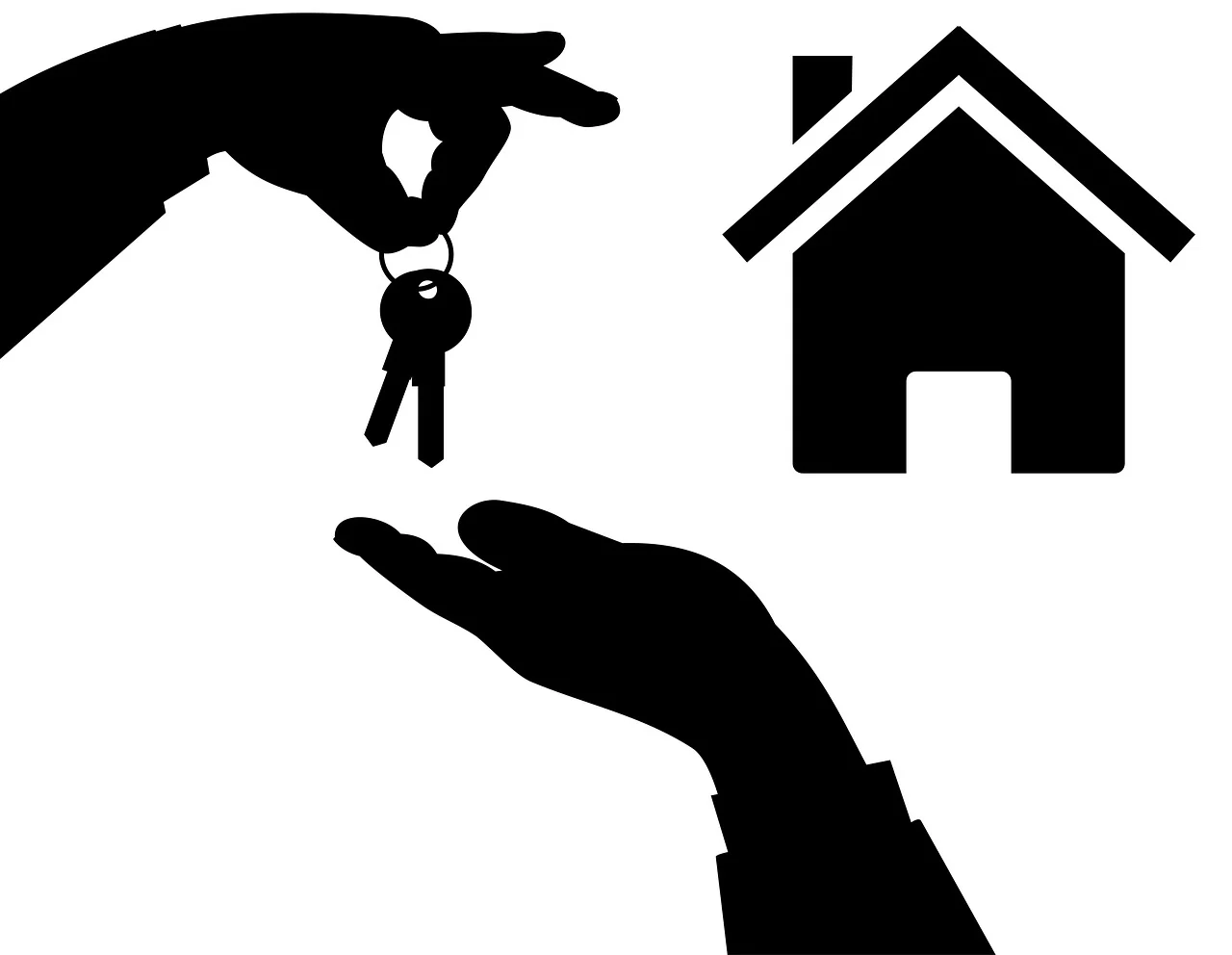EDITOR’S NOTE: Written by George Barnhart, Director with Grumpy Taxpayer$
People who rent seem disconnected from municipal government.
As a group, they tend to vote less, become less involved in municipal elections or governance. It should be obvious that everyone, including renters, are impacted by the services municipal governments provide including public safety, infrastructure (roads, sidewalks, bike lanes), parks and more. But renters seem to disconnect when it comes to taxes.
The false perception seems to be that renters are not impacted by taxes. Renters need to be aware that there is only one taxpayer – and that taxpayer is them.
To elaborate it is important for renters to consider the following:
“BC’s real affordability problem is taxes,” according to the Financial Post.
While the provincial and local government proclaim efforts to make housing affordable, they keep piling on even more taxes. Renters seem oblivious to the fact that developers, landlords don’t pay the taxes, they just collect them and pass the tax costs on to the renters, or home buyers.
‘Why high taxes drive Canadians to more affordable provinces,” argues Wealth Professional.
Almost 70,000 people left BC in 2023; Stats Canada to find more affordable living in lower taxed jurisdictions. The rent for a one-bedroom apartment in Regina is one half the cost of a similar apartment in Victoria yet salaries are similar. When combined with the fact that some basic grocery items in Victoria are double the cost in Regina it is easy to see renters eying other jurisdictions. Even wine is 40% cheaper in Regina than in Victoria – go figure.
“Tax increases aggravate B.C.’s affordability problem,” said Keith Baldrey of Burnaby Now.
According to the Canadian Taxpayers Association there are 107 taxes, fees, or regulatory costs for new housing in the City of Vancouver. The C.D. Howe Institute estimates government fees, regulations, direct taxes, secondary taxes that add up to 27 per cent of building costs or approximately $230,000 to the average single detached home in Greater Victoria – a cost that is escalating rapidly.
As we’ve written before and as The Victoria Residential Builders Association (VRBA) has written numerous articles on the issue, the myth that builders pay for these government fees and regulations. They do not. In fact, it is the homeowners and renters that bear the cost of the fees, taxes and regulatory costs.
“BC property transfer tax undermines affordable housing,” according to the VRBA.
Contributing to the housing unaffordability and increased rents is the Property Transfer Tax (PTT). The PTT payable on BC’s average-priced home ($965,890) is $17,317. According to the Victoria Real Estate Board, Victoria’s benchmark price for a single-family home in Greater Victoria is $1,115,300. The PTT payable would be $20,306. From land transfer to final sale, the PTT is charged three times. And you wonder why rent is going up.
“Saanich council finalizes district budget with 7.93% property tax hike,” reports the Saanich News.
We are just beginning to see tax increases due to excessive spending. And property taxes are only one of the taxes being passed on to renters (as well as homeowners). For example, the total tax levy in Saanich from 2022 to 2023 was 17.8%. (Including the General Municipal tax, BC employer Health Tax, Regional District tax, Regional Hospital tax, Municipal Finance Authority, BC Assessment, Regional Transit tax, and School district tax.) Add on water, sewer and refuse utility taxes for another 5.3% increase. These property tax costs eventually are passed to renters.
“Saanich tweaks tax policy affects new construction,” as reported in the Times Colonist.
Added taxes on new construction will also be passed along in rents accelerating the unaffordability issue. (In the same article, Councillor Susan Brice said, ‘while businesses are paying a higher rate, it hasn’t been raised as an issue by business organizations.’ Could it be because they pass on the taxes to the renters and consumers o f their products and services – or just leave when their businesses are not financially sustainable?). If you are not paying these costs in higher rent, you are paying more for the goods and services `you receive from local businesses.
“BC continues to lead the country in high rental prices and low vacancies,” according to the CBC.
First, the municipalities perpetuate the myth that the developers pay development construction charges (DCCs) or amenity charges. They don’t. Developers pass on the Community Amenity Charges (CAC) to the property they are developing – namely, the renters or new homeowners.
This practice of charging the developers has resulted in BC having the lowest property taxes and highest rents/housing costs in Canada.
Nor have we seen the infrastructure deficit bill for deferred municipal infrastructure maintenance and upgrades. A hint comes from the CRD’s proposed $2B upgrade to the water supply system over the next 25 years. The Urban Development Institute raises a good point – these costs are proposed to be born by developers. Renters rather than the public will bear a disproportionate burden.
Perhaps the ‘profiteers’ are the governments themselves. If affordability and reasonable rents were truly the goal as cited during election campaigns, reducing, or eliminating many of the insidious taxes, fees, regulations that add costs to renters would make the biggest impact. It appears this is possible.
When municipalities want to drive ‘affordable housing’ they drop many of the fees, taxes, and regulations. So why not just drop them to make rents affordable for everyone and keep people in the province?
DIG DEEPER
Cost of Living Comparison Between Regina and Victoria, Numbeo, 2024.
Property Taxes In Canada | Highest & Lowest by Province, Nesto Mortgage Experts, 2024.
National Rent Report Jan 2024: Canada’s Most and Least Expensive Cities For Tenants, To Do Canada, Jan. 2024.

Good point!: ‘Perhaps the profiteers are governments themselves.’